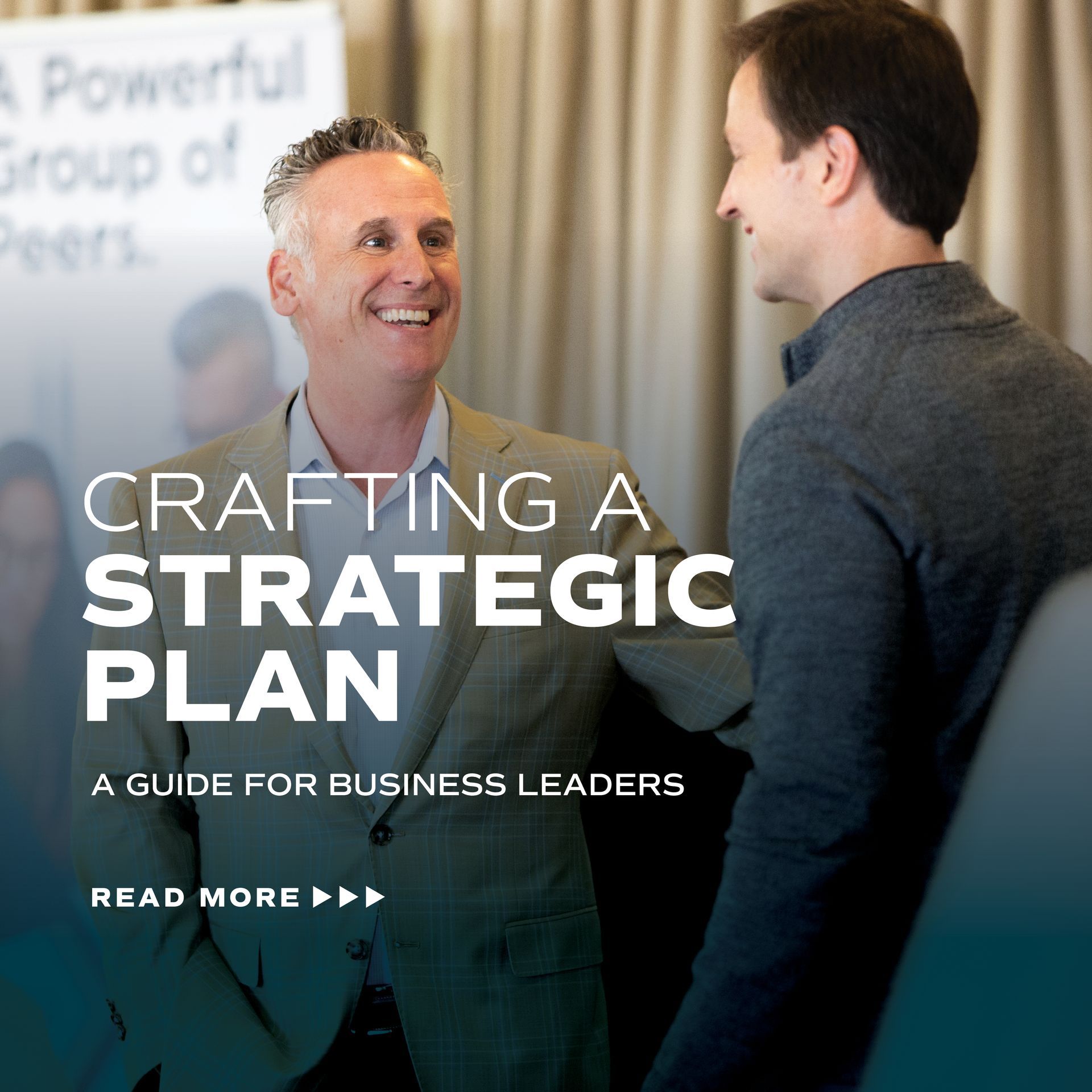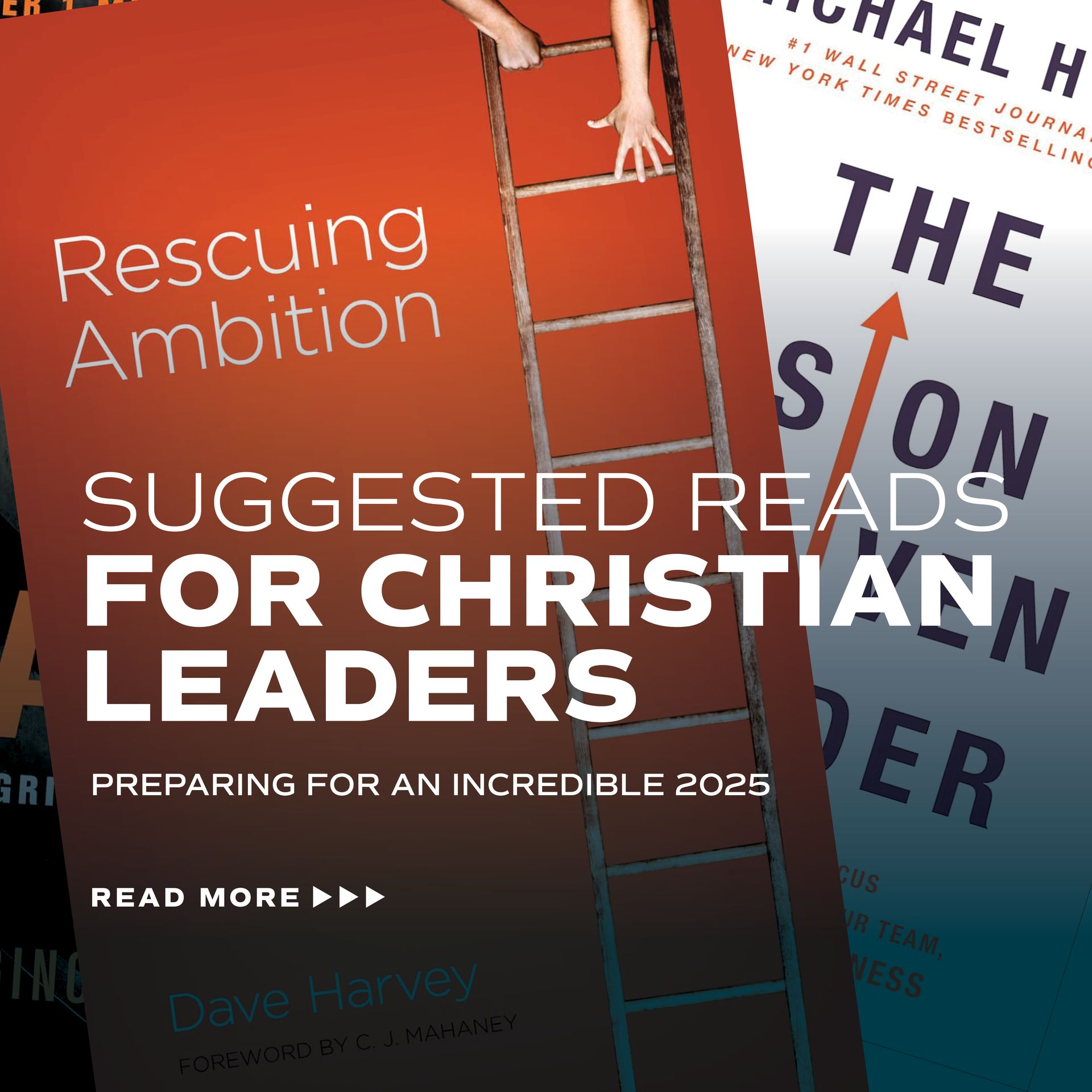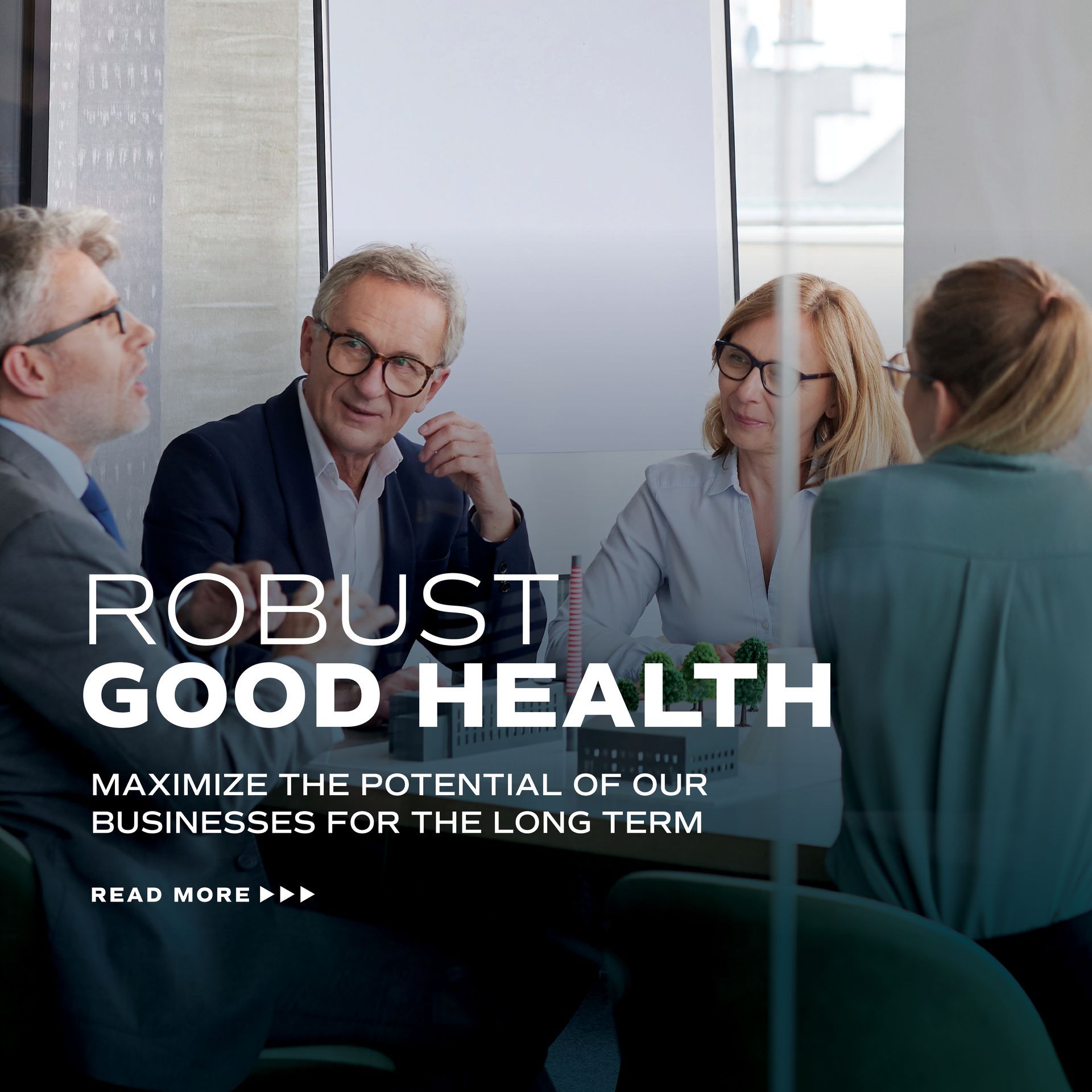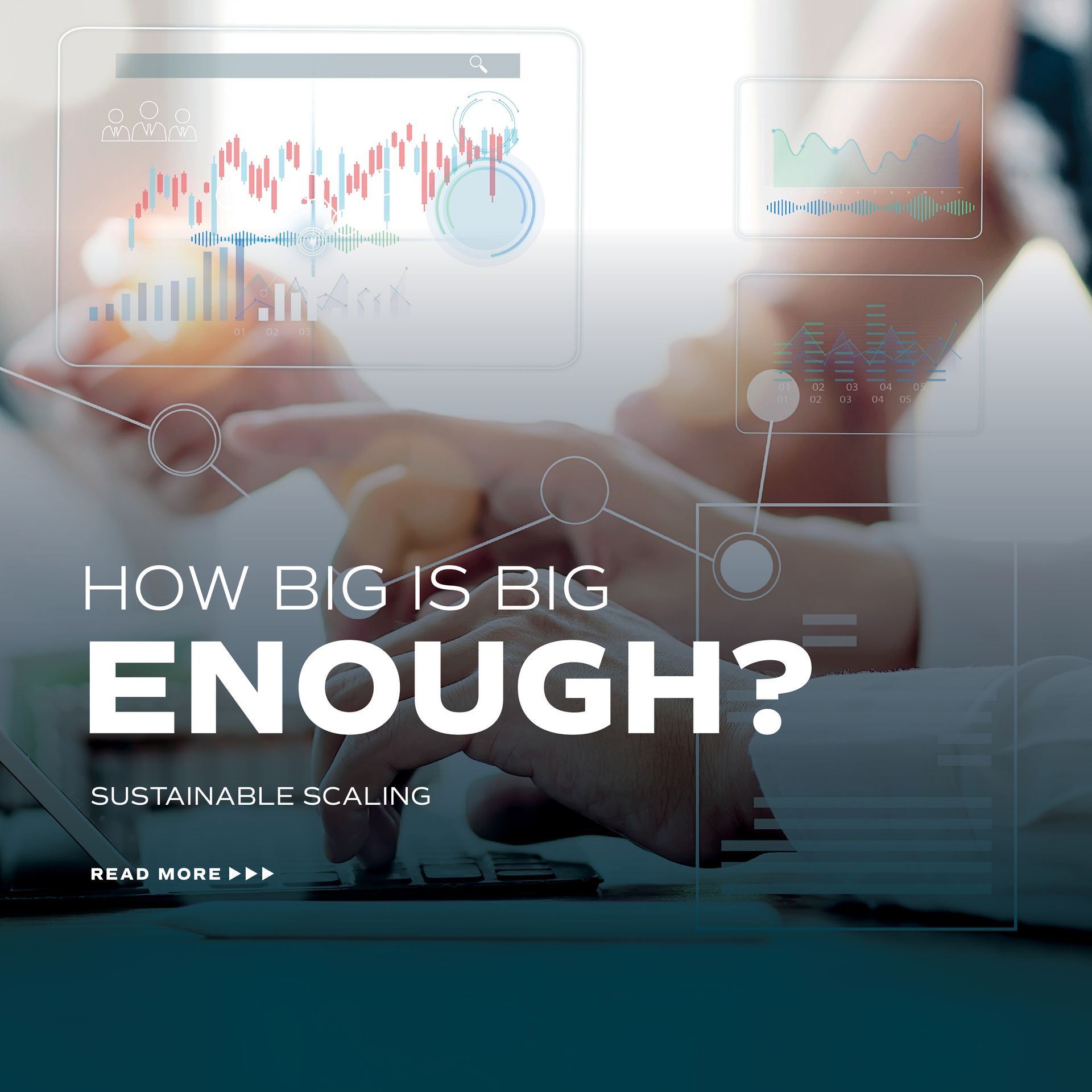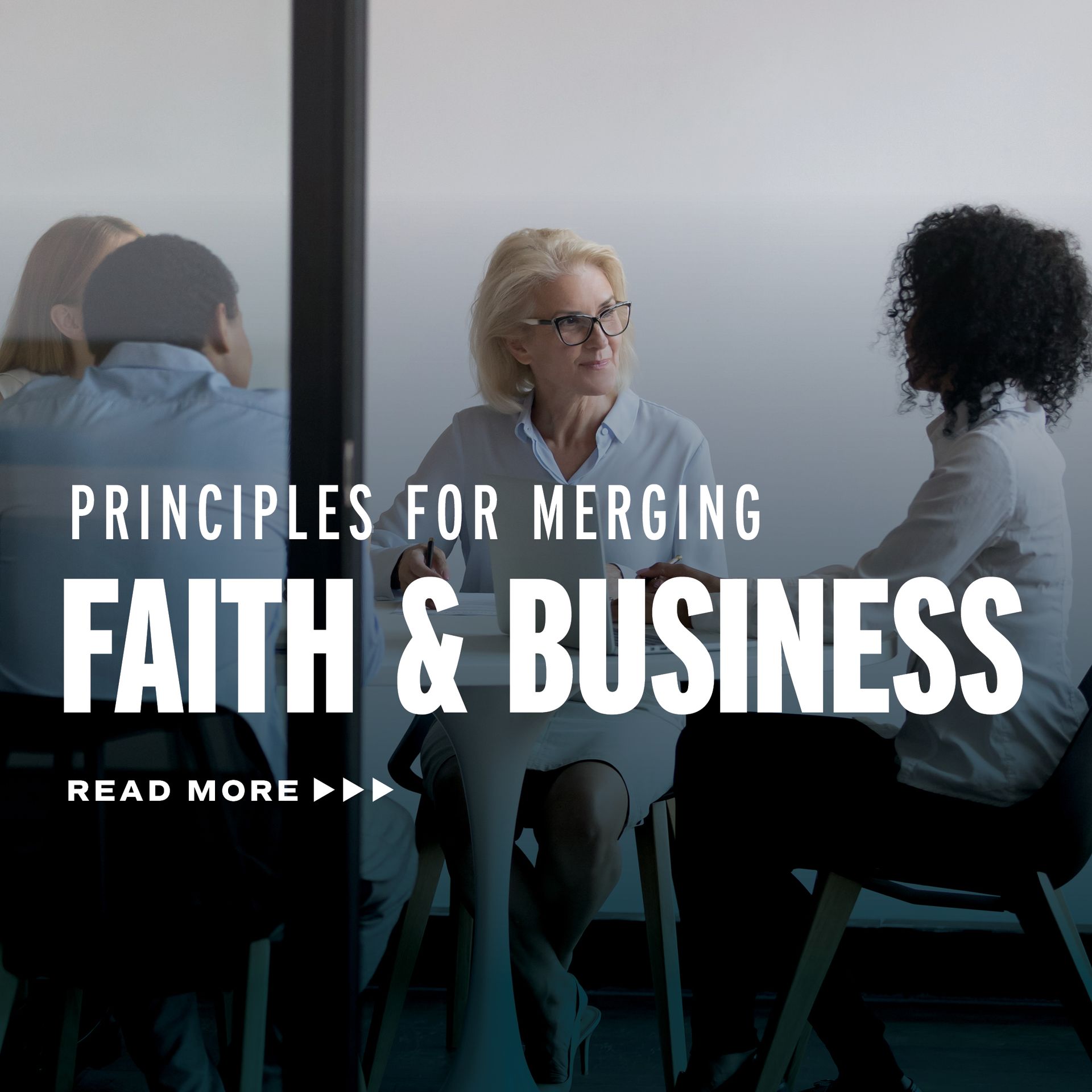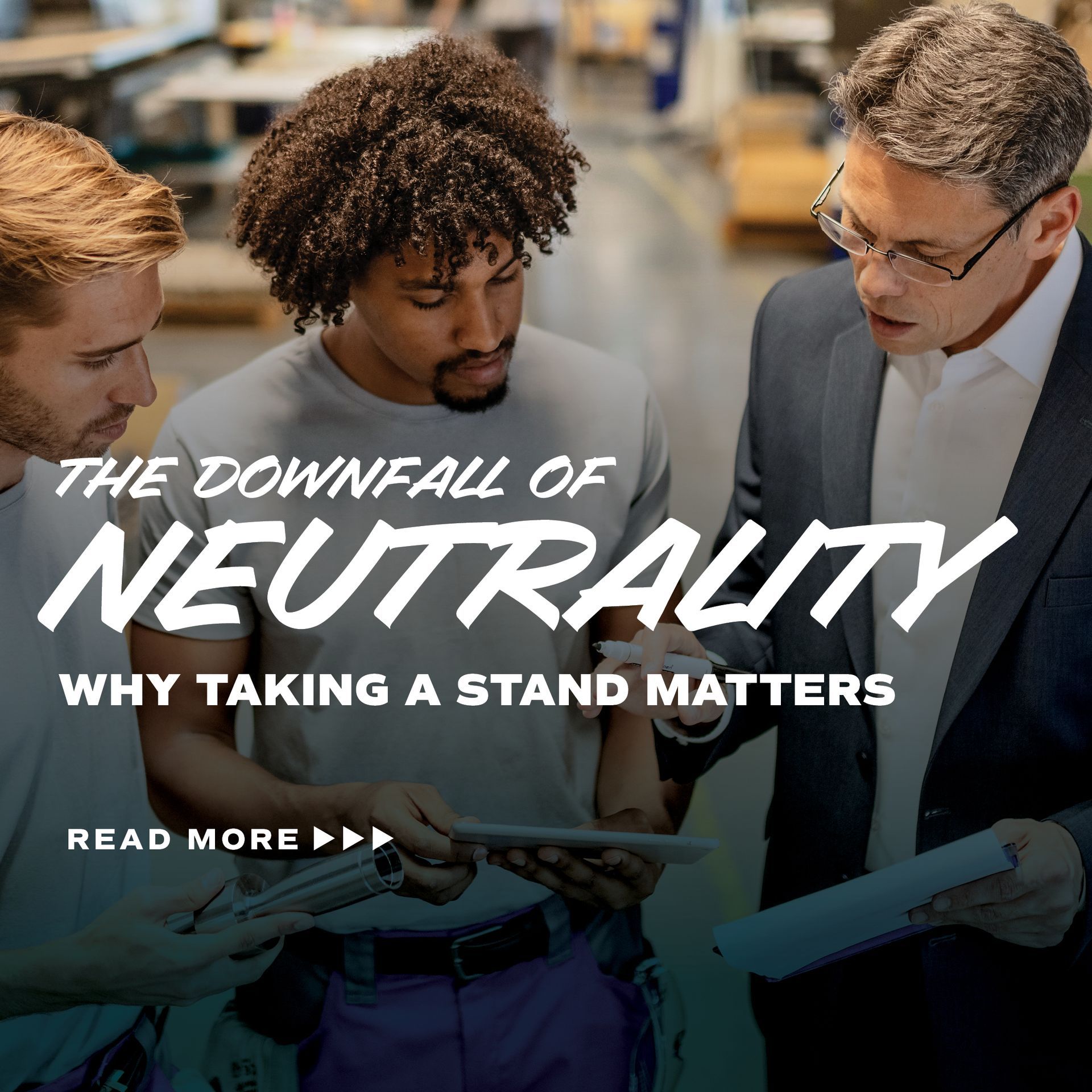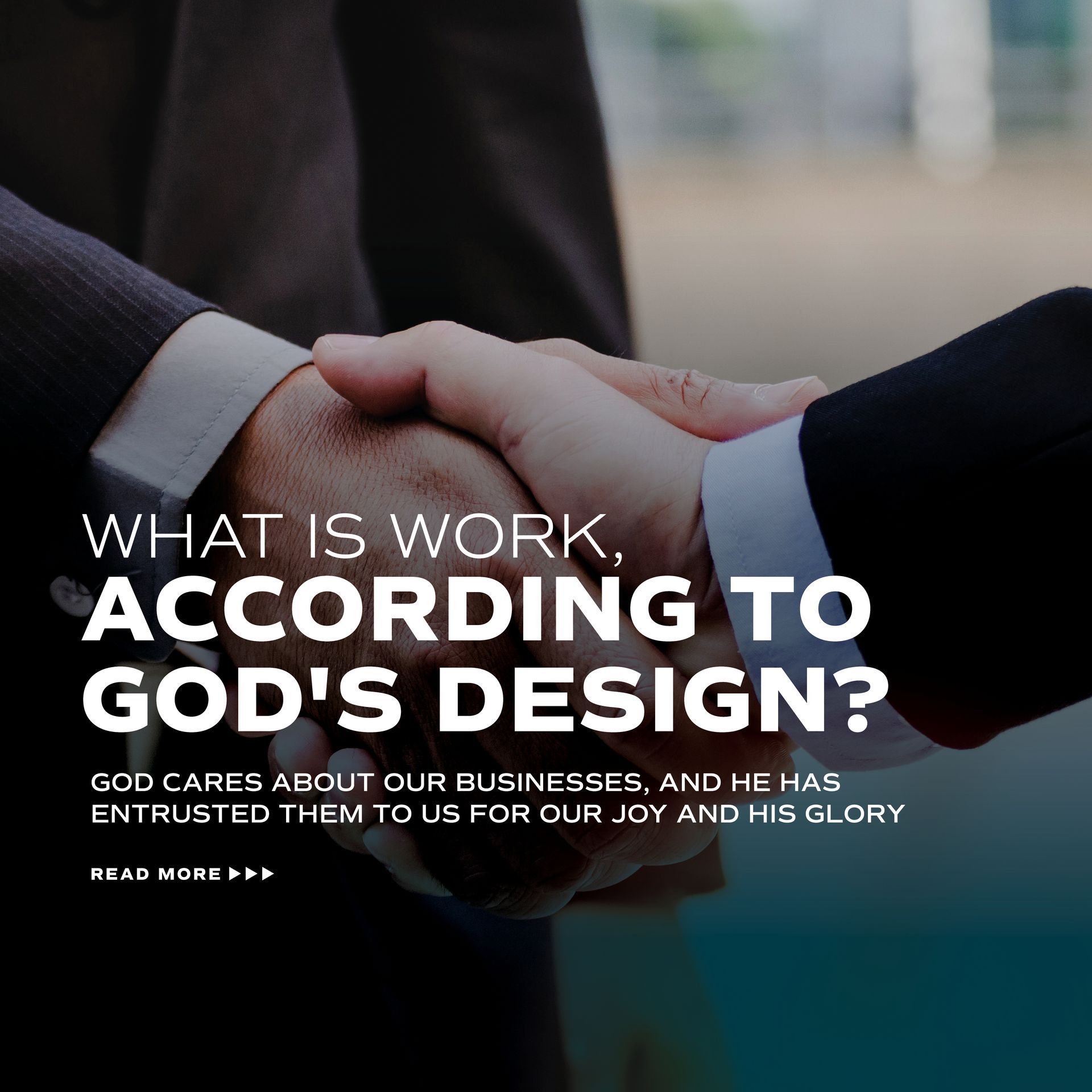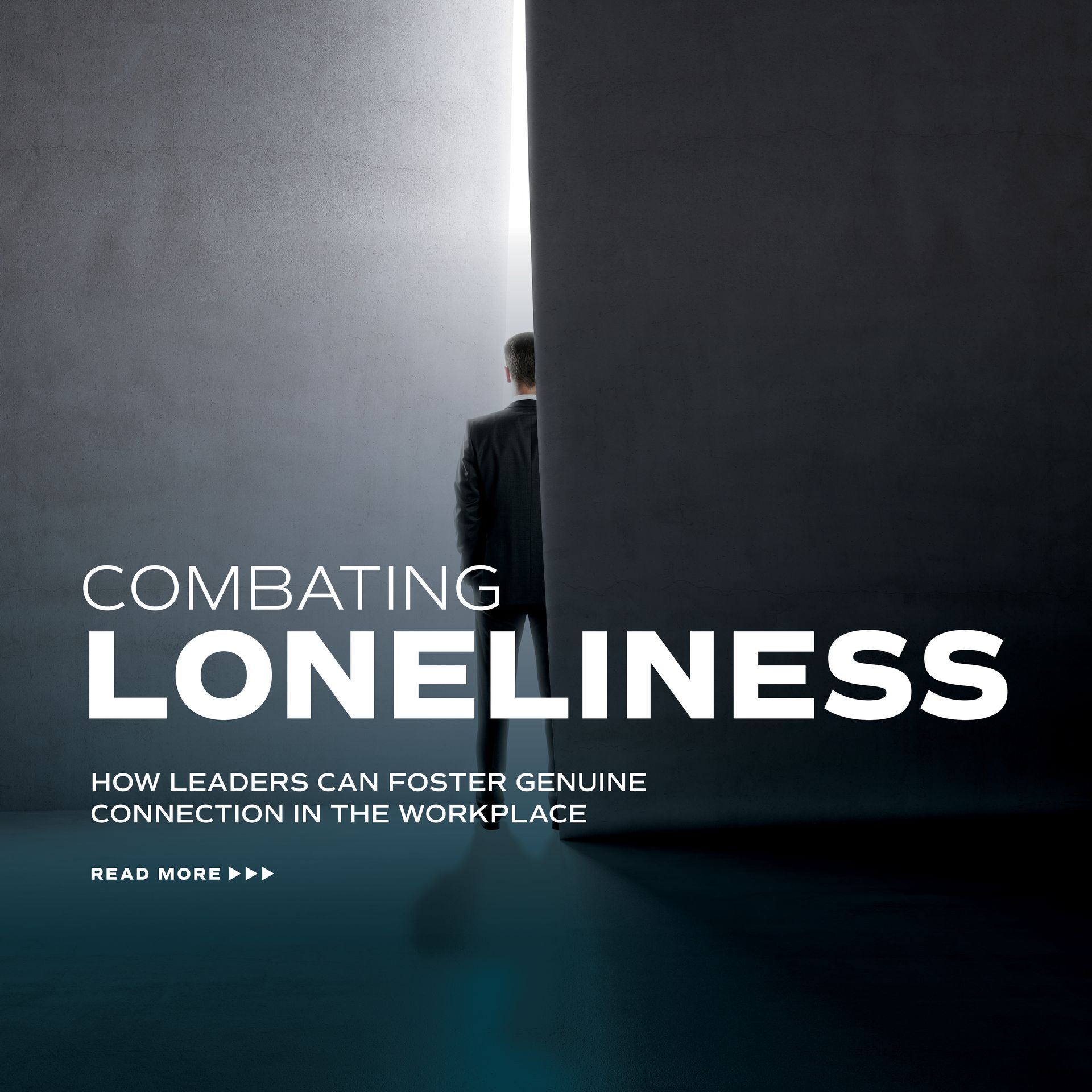CONTACT US
From Hesitation to Calling
My Path to Becoming CEO at Vermeer Southeast
| Scott Coley
Early Roots and Personal Background
I can still remember my first real introduction to Vermeer Southeast—even before I officially joined the team. Kris DenBesten (who was then leading the company) had grown the organization from what his father started back in 1967, integrating a distinctly biblical approach to how business should be done. Although I didn’t initially realize it, that faith-driven culture would end up being the lifeblood of my own leadership journey.
My initial tenure at Vermeer Southeast was more of a job than a calling. I worked out of our Georgia operations, and while I liked the people, I couldn’t yet see the long-term potential. Eventually, I left to represent a different product line. Strangely enough, it was during that season away that I got to know Kris better. We would cross paths at trade shows and regional meetings, and I found myself drawn to his vision of “Shine”—rooted in Matthew 5:16: “Let your light shine before others…” Even back then, Kris was all about infusing biblical principles into day-to-day business decisions.
In 2005, Kris approached me about a major opportunity: he was looking to buy the dealership in Alabama and needed someone to run it. He asked me flat-out, “Have you ever thought about moving to Alabama?” My immediate response was a firm no. I was settled where I was and didn’t want to uproot my life for a new job. But Kris’s reply was classic Kris: “Well, pray about it.” And that little prompt changed everything. After some soul-searching, I felt a nudge from God telling me to join Vermeer Southeast again. That moment marked the turning point in my career—and in my calling.
Recognizing the Need for Succession
Once I returned, I realized Vermeer Southeast wasn’t just another industrial equipment business. Kris had purchased it from his father back in 1999, and from that point onward, he’d woven biblical principles into everything—hiring practices, customer interactions, our leadership meetings. By the time I became general manager of Alabama, our culture stood on faith-driven ground. It wasn’t just a mission statement on the wall; it was real accountability to honor God in both easy and tough decisions.
Around the time I started settling into leadership, Kris confided that he saw me as a potential successor. That caught me off guard. I respected Kris deeply—he was the CEO everyone admired. Did I really want to be the person who followed in his footsteps? It seemed daunting, almost impossible, to fill those shoes. I felt an initial wave of doubt: Am I the right fit? Am I spiritually prepared to lead a large organization with such a clear Christian ethos?
But Kris kept affirming that Vermeer Southeast belonged to God, not to us. He believed that if God was calling me to step in as CEO down the road, then my job was to be faithful in preparation. He also believed in planning well before retirement years roll in—part of being a good steward, especially for a company whose “ministry work” is integral to its identity. I began to see that this wasn’t just about me; it was about ensuring Vermeer Southeast remained a Christ-centered influence on employees, customers, and communities for decades to come.
The Three Year Transition Process
By 2018, Kris and his partners decided that an Employee Stock Ownership Plan (ESOP) was the best vehicle to preserve our mission. We began the transition at the end of that year. In the midst of that big move, Kris formally sat me down and said, “I want you to take on the CEO role—here’s how we’re going to do it.”
Phase One: Shared Decision-Making
In the first year, Kris remained the official CEO. He brought me into every critical conversation—strategy sessions, financial planning, major hiring choices, you name it. We’d discuss them together, but he would make the final call. It felt like a master-apprentice relationship. I gained deep insights into the complexities of operating a faith-driven enterprise: from budgets that protect our “benevolence funds” to how we extend grace to underperforming employees while still holding them accountable.
Phase Two: Gradual Hand-Off
In the second year, Kris gave me more latitude. We’d still talk about every significant decision, but now I made the call. We continued to prioritize biblical principles in those decisions, especially in dealing with people. This was the period when I had to confront the reality that culture is as much about what you do not tolerate as what you do encourage. For instance, we faced the difficult choice of letting go of a top performer because that individual’s behavior and values consistently clashed with the faith-based ethos we professed. That moment was sobering—losing a star contributor isn’t a number crunch; it’s a culture statement. But each tough decision only reaffirmed the foundation: we must steward the company in a way that honors God.
Phase Three: Quietly Stepping Into the Role
In the third year, Kris called me in and said, “You’re essentially the CEO now. Make the decisions as you see fit—I’ll be here, but you lead.” While the rest of the organization still thought Kris was in charge, he privately handed me the reins. By the time we made the official announcement, I had been functioning as CEO for nearly a year. That phased approach removed the typical shock factor of leadership changes; it allowed both me and our employees to adapt smoothly.
Facing Early Challenges & Spiritual Lessons
If I thought the hand-off would be smooth sailing, I was in for a surprise. The day the official announcement went out, we got hit by a massive cyberattack. Vermeer Southeast lost access to critical operational data, and we were scrambling to keep our systems online. I remember Kris’s advice in those first frantic hours: “Decisions on facts, not fear.” My immediate instinct was to panic, but Kris (in his new capacity as chairman) helped me see it as a leadership test. We prayed. We reminded our team of God’s sovereignty. Then we methodically tackled the crisis, step by step, leaning on experts and, more importantly, leaning on faith.
Another early lesson revolved around stewarding our culture for the long haul. People often assume “faith-driven” means “soft,” but it can be incredibly challenging. It means letting go of people—even high performers—who demean our values or undermine biblical unity. It also means doing the painful work of accountability while loving the person we have to let go. My approach often includes sitting down for a final conversation, expressing genuine care for that individual, and, if they’re open, praying with them. It’s never easy, but leading with compassion in tough moments sends a powerful message to the rest of the team: Our principles are real, and we don’t just talk about them when it’s convenient.
Initial Outcomes & Looking Ahead
One of the biggest blessings has been watching how the team has rallied around a CEO who—let’s face it—is different from Kris in style and personality. Kris was known for a huge vision and the ability to paint pictures of the future. People wondered if I could sustain that spiritual drive. By God’s grace, we’ve not only maintained the culture but even expanded it. We hired a Director of People Development, who focuses on leadership growth and spiritual formation across all departments. We pray together more openly. Some team members aren’t believers, but they say they appreciate the consistent way we make decisions.
Looking forward, my goal is to multiply this concept of stewardship deeper into the ranks. We’ve implemented a three-tier succession strategy at every managerial level—ensuring each leader identifies who might take over their spot, and who might follow behind that person. C12 has played a huge part in shaping these tools, giving me frameworks and peer insights to refine them.
Ultimately, I see the next decade at Vermeer Southeast as an opportunity to deepen our impact for Christ. We want to double our business again, not merely for the sake of growth, but to create more resources for employee development, benevolence initiatives, and community
outreach. Kris’s legacy—this idea that we are a “city on a hill” for our employees, customers, and suppliers—remains the heart of our mission. By continually pointing people back to our Creator, we ensure that success, stewardship, and spiritual transformation all move forward together.
Final Reflections
If there’s a single principle that stands out to me in this entire process, it’s that genuine succession planning isn’t just about passing the baton. It’s about shepherding a culture and carrying forward a faith-driven vision that endures well beyond any one leader. I was hesitant at first, unsure if I could follow Kris’s act. Yet, I’ve learned that if God calls you to a position, He equips you. The key is to remain humble, lead with love, and remember that the business ultimately belongs to Him.
At Vermeer Southeast, we don’t just sell, promote, market, and service equipment—we build people, principles, and pathways for ministry. My prayer is that this story encourages other leaders to consider the eternal significance of every choice they make, and to see leadership succession as a sacred, not merely strategic, endeavor.
—Scott Coley, CEO of Vermeer Southeast

